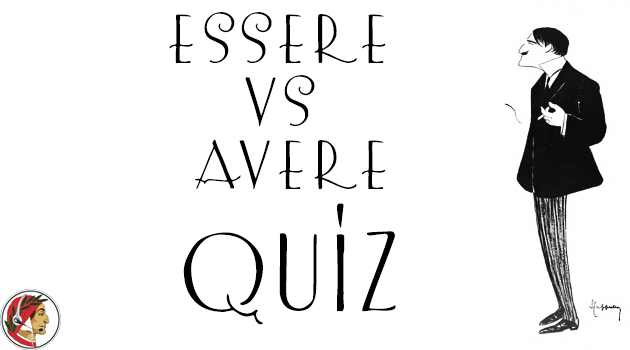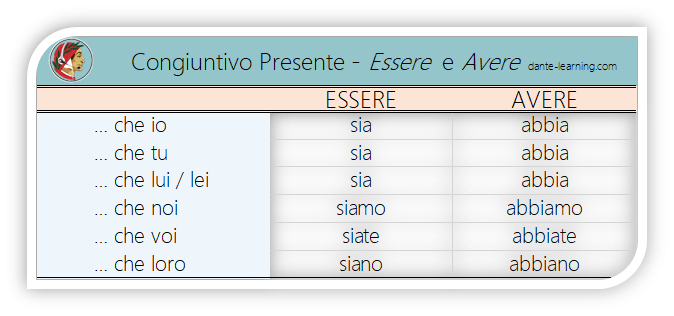Today we’ll talk about the verbs Avere and Fare in conversational Italian
Ciao a tutti.
Important Italian verbs such as avere and fare can be used for building simple and complex expressions that people use every day. Essere and fare are often confusing to English speakers because the equivalent verbs have a slightly different function.
Today we are going to see rather simple, useful and common sentences with avere and fare.
Try to translate the examples below. Listen and repeat after the audio.
Avere
- Avere mal di … (to have an ache) – Ho mal di testa, oggi non lavoro.
- Avere bisogno di … (to need) – Abbiamo bisogno del tuo aiuto.
- Avere sete/sonno/ fame (to be thirsty, sleepy, hungry) – Non ho fame, non mangio.
- Avere caldo / freddo (to feel hot/cold). Abbiamo caldo, apri la finestra per favore.
- Avere voglia di … (to feel like doing…) – Hai voglia di andare al cinema?
- Avere a che fare … – (have to deal with…) – Non ho niente a che fare con te.
- Avere da fare (to be busy) – Scusa ma oggi ho da fare, non ho tempo.
- Avere da bere/mangiare (have something to eat / drink). Hai qualcosa da bere?
- Avere paura di … (to be afraid of). Mia moglie ha paura dei cani.
- Avere ragione / torto (to be right/ wrong). Tua madre ha sempre ragione.
Fare
- Fare caldo / freddo (to be warm/cold *in a place). In Italia fa caldo in agosto.
- Fare attenzione (to pay attention / to be careful). Mio fratello non fa attenzione a questi dettagli.
- Fare un viaggio (to take a trip). Abbiamo appena fatto un viaggio in Francia.
- Fare finta di… (to pretend). Michele fa finta di dormire ma è sveglio.
- Fare un giro (to go for a walk/ride). Mi sto annoiando a casa. Faccio un giro e torno.
- Fare schifo (to be disgusting) – I broccoli non mi piacciono, fanno schifo.
- Fare il bagno/la doccia/- (take a bath / shower) – Oggi non ho fatto la doccia!
- Fare due chiacchiere (chitchat) – Quando hai tempo, facciamo due chiacchiere.
- Fare presto (to hurry) – Abbiamo bisogno di te, fai presto per favore.
- Fare tardi (to be late / to stay out late) – Oggi ho sonno perché ieri ho fatto tardi.
Thanks for reading, try the quiz and ask your questions in the comments. Alla prossima!
- 1
- 2
- Answered
- Review
-
1. Question
AVERE
-
- My brother is busy. - Mio fratello .
- I have a bad headache. - (io) un brutto .
- We are right this time. - Questa volta (noi) .
- You (pl.) need a long holiday. - (voi) una lunga .
- Are they hungry? - (loro) ?
- We have nothing to eat. - (noi) Non niente mangiare.
- My son is afraid of the dark. - Mio fratello del buio.
-
Angelo Inganni – Ritratto di signora – 1880











